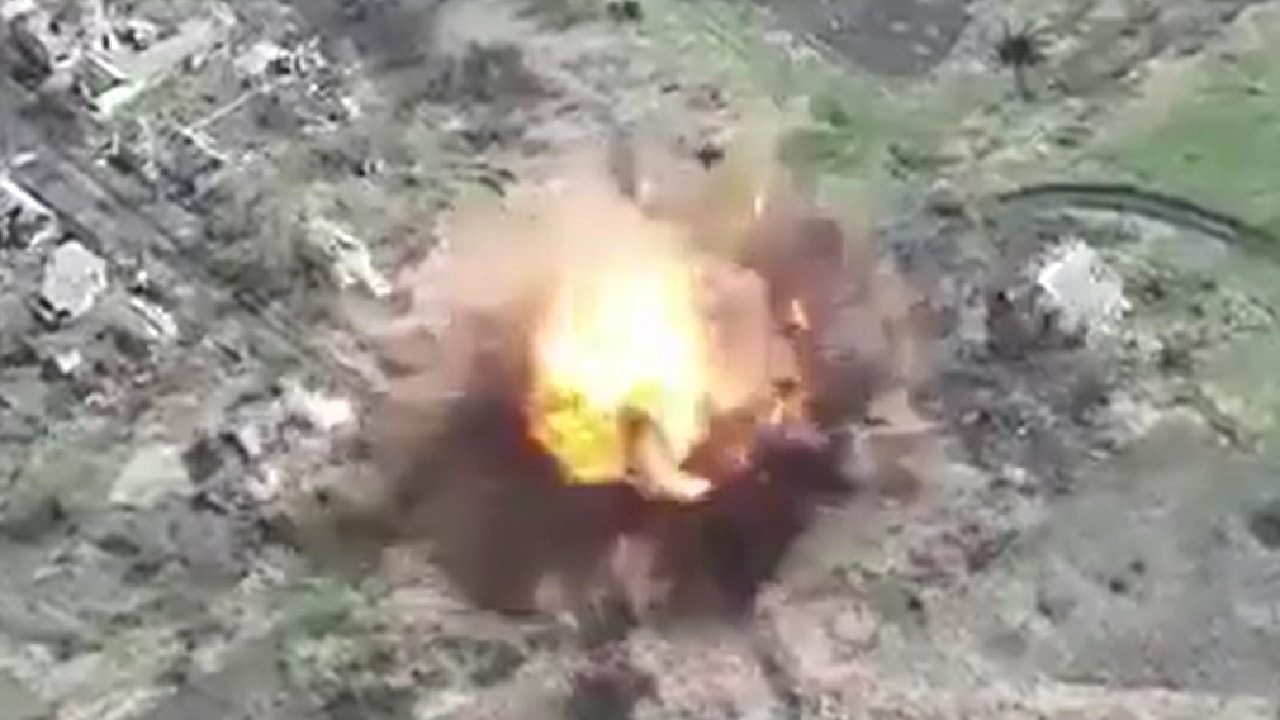Just as the world was grappling with the economic aftermath of the COVID-19 pandemic, Russia invaded Ukraine.
In February 2022, inflation coupled with grain, energy, and fertilizer supply shortages damaged the global economy. In Europe, natural gas prices are still roughly triple what they were prior to Russia’s invasion.
Ukraine: A War Like No Other Inflicted Terrible Damage
Ukraine has obviously been hit the hardest financially over the last 14 months. In the beginning of the year, Ukraine’s economic minister revealed that the country’s economy had shrunk by more than 30% in 2022. Even this figure is slightly better than the 40-50% fall that financial experts originally predicted.
According to the World Bank, Ukraine’s economic output in 2021 was up by more than 3% over the previous year.
Once Russia launched its full-scale invasion of the country in early 2022, this progress collapsed. Moscow’s assault resulted in the deaths of thousands of civilians, the displacement of many more, and billions of dollars-worth of infrastructure damage.
In December 2022, Russian forces began a barrage of attacks targeting Ukraine’s energy infrastructure.
The Kremlin was likely orchestrating these attacks to undermine Ukraine’s defensive abilities once the colder months set in. The dozens of drone and missile attacks launched toward Ukraine’s energy sector caused millions of civilians to go without heat and electricity during the brutally cold winter months. During this period, the entire 3 million-strong population of Kyiv went without access to water for an entire day, while other areas were disconnected from electricity.
In 2022 alone, the United Nations estimated that nearly half of Ukraine’s total energy sector was destroyed.
A more recent report released by the UN this month indicates that over 12 million civilians are with limited or zero electricity.
The Energy Damage Assessment details the catastrophic economic damage these attacks have inflicted, estimated to be around $1.2 billion. The assessment outlined that, “Overall, damage to the country’s energy infrastructure is estimated to be more than five times greater than in June 2022, according to preliminary estimates. As a continuation of the damage assessment, the next phase should estimate the losses and needs to build back better, including transitioning to green technology.”
A Destroyed Economy
Due to these assaults against Ukraine’s critical infrastructure, the World Bank estimates that the cost of rebuilding the country post-war will be roughly $350 billion, a number that is even larger than Ukraine’s pre-war GDP.
According to a Rand Institute report, this number is also greater than all the humanitarian, monetary, and military assistance Ukraine has received over the last year. As explained in the report, “In some ways, rebuilding Ukraine may be more financially difficult than conducting the war itself. The country has already suffered levels of damage not seen in Europe since World War II, and it took 20 to 30 years for Germany and the United Kingdom to rebuild after the war.”
As the warmer spring months roll in, increased fighting in Ukraine is expected. The battle for the eastern city of Bakhmut has already heated up in recent months and is considered to be the bloodiest conflict of the invasion so far. With no sign of the war ending, the state of Ukraine’s economy will only continue to suffer.
MORE: The F-35 Now Comes in Beast Mode
MORE: Why the U.S. Navy Tried to Sink Their Own Aircraft Carrier
Maya Carlin, a Senior Editor for 19FortyFive, is an analyst with the Center for Security Policy and a former Anna Sobol Levy Fellow at IDC Herzliya in Israel. She has by-lines in many publications, including The National Interest, Jerusalem Post, and Times of Israel. You can follow her on Twitter: @MayaCarlin.

